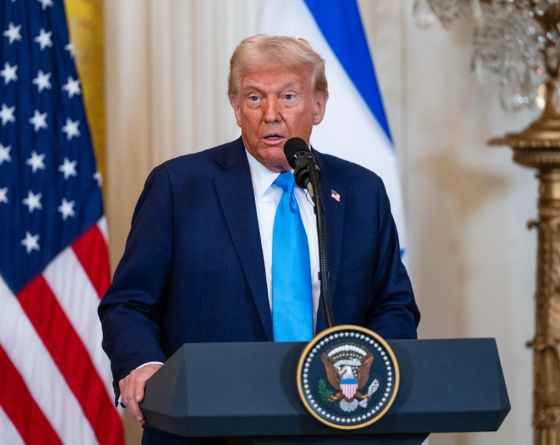
In October 2025, US President Trump announced an additional 10% tariff on Canada, a decision directly responding to an advertising campaign by Ontario, Canada, against the US tariff policy. This controversy, seemingly triggered by an advertisement, actually reflects deep-seated rifts in US-Canada trade relations and reveals the complex interplay between protectionism and economic dependence in the global trade landscape.
The Ontario advertisement quoted former US President Reagan's remarks on tariffs, implying his opposition to tariff policies. However, Trump argued that the advertisement was taken out of context, distorting Reagan's true stance, and accused Canada of "cheating" and "hostile behavior." This accusation quickly escalated into trade retaliation; Trump not only terminated trade negotiations but also exerted pressure through tariffs. Although Ontario subsequently withdrew the advertisement, Trump's anger had translated into policy action, reflecting his high sensitivity to political image and historical narratives.
While the US and Canada are important trading partners, their highly interdependent economic structures highlight their vulnerability on tariff issues. Canada's deep dependence on the US market has placed immense pressure on its steel, aluminum, and energy sectors. Trump's protectionist policies, particularly the high tariffs on steel and aluminum, have already impacted Canadian manufacturing. These additional tariffs further exacerbate cost pressures, potentially forcing Canadian companies to shift production or raise prices, ultimately harming consumers. The Canadian Chamber of Commerce's warning—"Tariffs are first and foremost a tax on the US"—straits the crux of the problem: there are no winners in a trade war, and a lose-lose situation will severely damage North American economic integration.
Behind Trump's decisions, a populist logic is clearly visible. Responding to "hostile advertising" with a tough stance can both solidify domestic support and divert attention from economic problems. However, this strategy has exacerbated the diplomatic deadlock between the US and Canada. Canadian Prime Minister Carney attempted to ease tensions by suspending the advertising and restarting negotiations, but Trump refused to meet, demonstrating his determination to use trade issues as bargaining chips. The alliance appears fragile in the face of real interests, forcing Canada to struggle to balance "showing weakness" with "retaliating."
Trump's tariff policies not only affect the US and Canada but also pose a threat to the global trade order. Economists warn that a 25% tariff could push the Canadian economy into recession, while American consumers will also bear the brunt of increased costs. This case once again demonstrates that unilateralism and protectionism cannot solve structural economic problems; instead, they exacerbate uncertainty. The real solution lies in dialogue and cooperation: Canada needs to strive for a fair trade environment through multilateral mechanisms, while the United States should reconsider its short-sighted policy of using tariffs as a tool.
Trump's tariff weapon has deepened the rift in US-Canada relations. However, historical experience shows that trade wars will ultimately burn both sides. Only by returning to rational dialogue and balancing economic dependence with national interests can a vicious cycle of "beggar-thy-neighbor" actions be avoided. This crisis is not only a crisis for the US and Canada but also another wake-up call for global trade governance.

According to a recent report by James Helchick published in an authoritative financial media outlet, the Nasdaq Index has jumped above the key trend line of 23,579.10 points, aiming for the historical high of 24,019.99 points.
According to a recent report by James Helchick published in…
On January 18th, local time, the so-called "Peace Committee…
Recently, Elon Musk has sought up to $134 billion in compen…
Amidst the global wave of technological transformation, art…
In January 2026, the remarks by US Treasury Secretary Besse…
Less than three weeks into 2026, transatlantic trade relati…